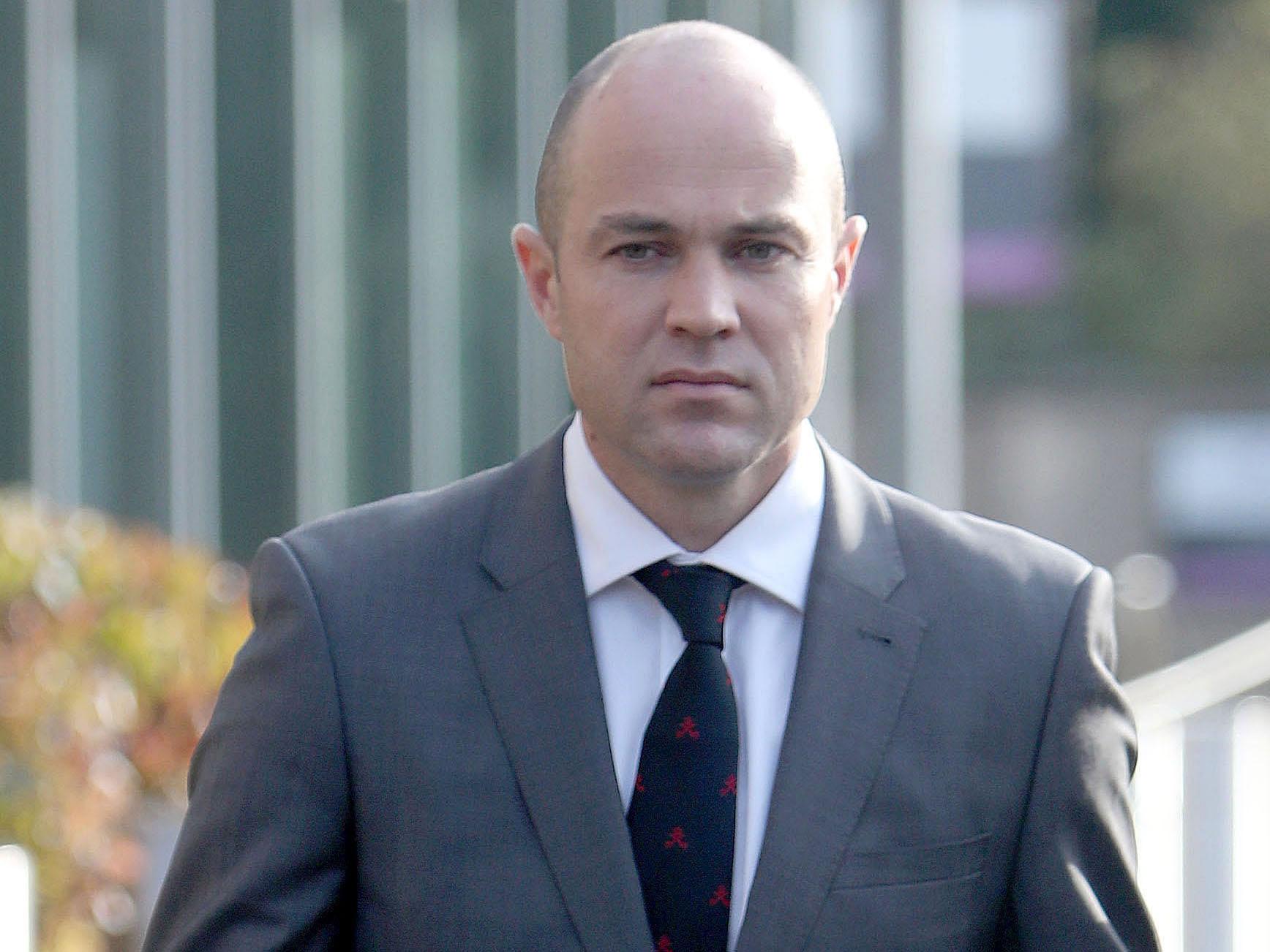Soldier accused of sabotaging wife's parachute created a gas leak at his home, hears court
Emile Cilliers is facing two attempted murder charges against his wife Victoria

Your support helps us to tell the story
From reproductive rights to climate change to Big Tech, The Independent is on the ground when the story is developing. Whether it's investigating the financials of Elon Musk's pro-Trump PAC or producing our latest documentary, 'The A Word', which shines a light on the American women fighting for reproductive rights, we know how important it is to parse out the facts from the messaging.
At such a critical moment in US history, we need reporters on the ground. Your donation allows us to keep sending journalists to speak to both sides of the story.
The Independent is trusted by Americans across the entire political spectrum. And unlike many other quality news outlets, we choose not to lock Americans out of our reporting and analysis with paywalls. We believe quality journalism should be available to everyone, paid for by those who can afford it.
Your support makes all the difference.A set of pliers belonging to an Army sergeant accused of attempting to murder his wife was used to create a gas leak at his home by loosening a nut on a valve, a court has heard.
Emile Cilliers of the Royal Army Physical Training Corps is on trial at Winchester Crown Court accused of attempting to kill his wife Victoria Cilliers by tampering with her parachute.
The 37-year-old also faces a second attempted murder charge and a third charge of sabotaging the gas fitting in a kitchen cupboard at the Cilliers' family home in Amesbury, Wiltshire, a few days earlier.
The trial has heard that Mrs Cilliers, 40, reported smelling gas at the property on 30 March 2015, while her husband had spent the previous night at his barracks because he said he wanted to avoid the Monday morning traffic.
An engineer called to the property found a loose nut on a gas isolation valve in a cupboard next to the oven.
Dried blood was also found on the pipe, which the court has heard was a match for Cilliers.
Forensic scientist Mark Kearsley told the court that he had carried out a microscopic examination of the nut and a set of mole-grip adjustable locking pliers owned by Cilliers.
Cilliers has said he used the pliers to try to tighten the nut when he had returned home before the gas engineer arrived, but had been unable to do so because it was too tight.
Mr Kearsley said impressions left on the nut were a "conclusive" match for the markings of the pliers but that they had been used in a "loosening and not tightening motion".
He said: "The nut must have been in a tightened position to lead to the impression we had, if the nut was loose it would just have turned with the tool."
He added a "significant" degree of force would have been used.
Gas engineer Michael Osborne said he was called to the Cilliers' home on March 30 to make the gas leak safe.
He pinpointed the "small leak" to a nut on a gas fitting in a cupboard next to the oven in the kitchen and he was able to fix it by tightening the nut by a "quarter turn maximum".
He said it was not unusual to find such a leak and explained that as well as a tool, the nut could have become loosened or "relaxed" by repeated changes in temperature or by being knocked by food tins being placed in the cupboard.
Gas safety consultant Howard Reed said he inspected the property and found the valve was not faulty.
Cilliers denies two counts of attempted murder and a third charge of damaging the gas valve, recklessly endangering life.
The trial continues.
Press Association
Join our commenting forum
Join thought-provoking conversations, follow other Independent readers and see their replies
Comments